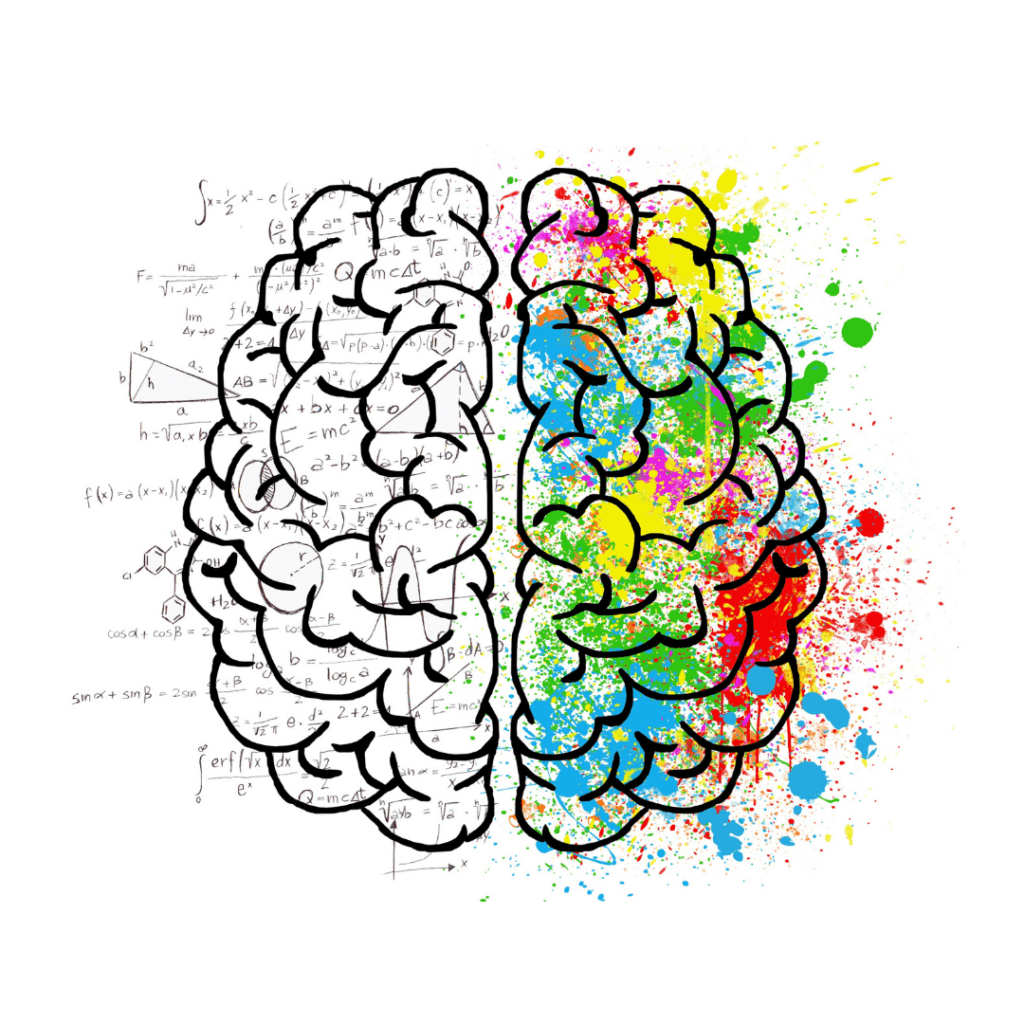
Flipping Your Lid
Have you ever had moments where stress or something unexpected comes up, and it feels like you can’t control your reactions? That your responses, almost feel like it’s not you that someone else in control of your body, or your thoughts, or your feelings? Everyone experiences times where stressors can be so overwhelming that it is difficult to regulate. There is a reason this happens, you are “flipping your lid.” Dan Siegel describes flipping your lid as a concept that happens in the brain when someone experiences a stressor that is overwhelming. But what happens when you flip your lid?
The parts of your brain are not communicating.
All parts of your brain work together in order to function. The prefrontal cortex is responsible for reasoning, problem-solving, and rationale. While the limbic system is responsible for emotion processing, memory, and stress reactions. When a stressor comes up that is overwhelming or is seen as a threat, the amygdala in the limbic system sets off an alarm that gives a message to the rest of the brain that there may be a threat. That message sends an automatic response, and this is where we flip our lid. Once the lid is flipped, we no longer have access to the prefrontal cortex, and the limbic system is in charge. This is why it is hard to think about logic and problem-solving in a time of crisis, because we do not have access to that part of the brain at the time.
What do we need to do when we flip our lid?
The goal when you flip your lid is to put the lid back on. This means using grounding and coping skills to bring yourself back to a state of calm and safety. When the brain realizes that there is not a threat, the prefrontal cortex reconnects with the limbic system. It is important to remember that grounding focuses on the here and now and what we have control of. Some grounding techniques include breathing exercises and focusing on breath, scripted activities that ground us back to our space (list the 5 senses), or even having a grounding object like a rock, fidget, or even a paper clip in your hand.
